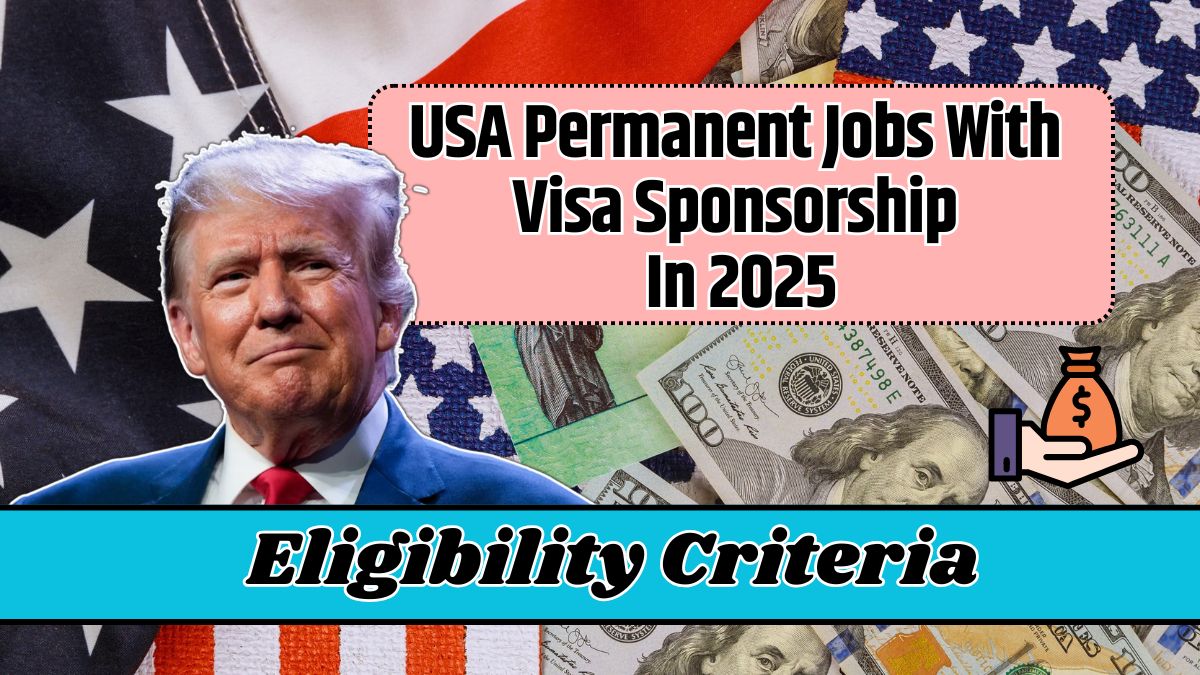A nationwide class-action lawsuit has been filed against Aeroplan Inc., Canadian Imperial Bank of Commerce (CIBC), and Toronto-Dominion Bank (TD Bank).
At the heart of the lawsuit are claims that these institutions unfairly revoked Welcome Bonus Points from thousands of Aeroplan credit card holders. The allegations raise significant concerns about consumer rights and the transparency of promotional offers.
The Allegations
Key Players and Numbers
The lawsuit, initiated by Consumer Law Group (CLG), involves three major players in the Canadian financial and rewards space: Aeroplan Inc., CIBC, and TD Bank. Around 17,000 Aeroplan members were reportedly affected by the clawback, which occurred in October 2024, nearly a year after they signed up for a second Aeroplan Visa credit card. These members were notified that their Welcome Bonus Points were rescinded, sparking allegations of unfair practices.
Clawback Mechanism
Typically, Aeroplan Visa credit cards come with Welcome Bonus Points as a sign-up incentive. The lawsuit alleges that customers who already held one Aeroplan credit card unknowingly became ineligible for these points when they applied for a second card. Both banks allegedly failed to inform applicants of this restriction, despite collecting Aeroplan account numbers as part of the application process.
The estimated value of the rescinded points—around CAD $100 to $150 for every 10,000 points—represents a tangible financial loss for affected account holders. Worse, customers were left to cover annual fees and other expenses under the assumption that they would receive the promised bonus.
Consumer Law Group’s Claims
Violations of Consumer Protection Laws
The lawsuit asserts that rescinding points without advance notice breached provincial consumer protection statutes. By failing to clearly outline eligibility criteria and clawing back points retroactively, Aeroplan, CIBC, and TD Bank allegedly engaged in unfair practices.
Lack of Transparency
According to CLG, both banks failed to adequately verify applicants’ eligibility for bonus points before approval. This lack of due diligence caused confusion and left thousands of consumers feeling misled.
Financial Losses
Beyond the monetary value of the rescinded points, affected consumers had already incurred costs such as annual fees and transaction expenses, which they otherwise may not have chosen to bear.
Demands and Compensation
The lawsuit seeks a resolution that includes:
- Restoration of Points: All clawed-back Welcome Bonus Points should be returned to affected account holders.
- Compensatory Damages: Financial restitution for annual fees and other expenses incurred by customers under the false impression of earning the bonus points.
- Punitive Damages: An additional monetary penalty to deter similar practices in the future.
Impact on Consumers
The lawsuit highlights the significant burden placed on affected consumers:
- Loss of Benefits: At least 10,000 Aeroplan points were revoked for each account holder, depriving them of travel or shopping perks equivalent to CAD $100-$150.
- Unnecessary Expenses: Many customers paid annual fees on the second credit card, assuming the bonus points justified the cost.
This case could also signal the need for more accountability and transparency in consumer-facing promotions.
Next Steps for Affected Individuals
If you believe you may be eligible to join this class-action lawsuit, here’s what to do:
- Check Your Eligibility: Ensure you applied for a second Aeroplan Visa credit card from CIBC or TD and had your Welcome Bonus Points clawed back.
- Contact Consumer Law Group: Register your interest in joining the lawsuit by providing your contact information and account details to the law firm managing the case.
Company Responses
Air Canada, which owns Aeroplan, along with representatives from CIBC and TD Bank, has acknowledged the lawsuit. While all three parties have declined to comment on the specifics, Air Canada has stated it intends to “vigorously defend” itself in court.
For the affected 17,000 Aeroplan members, this lawsuit offers a chance to recover their lost points and seek compensation for financial losses. Beyond individual outcomes, the case could set a precedent for greater transparency in how financial institutions and rewards programs handle consumer incentives.













